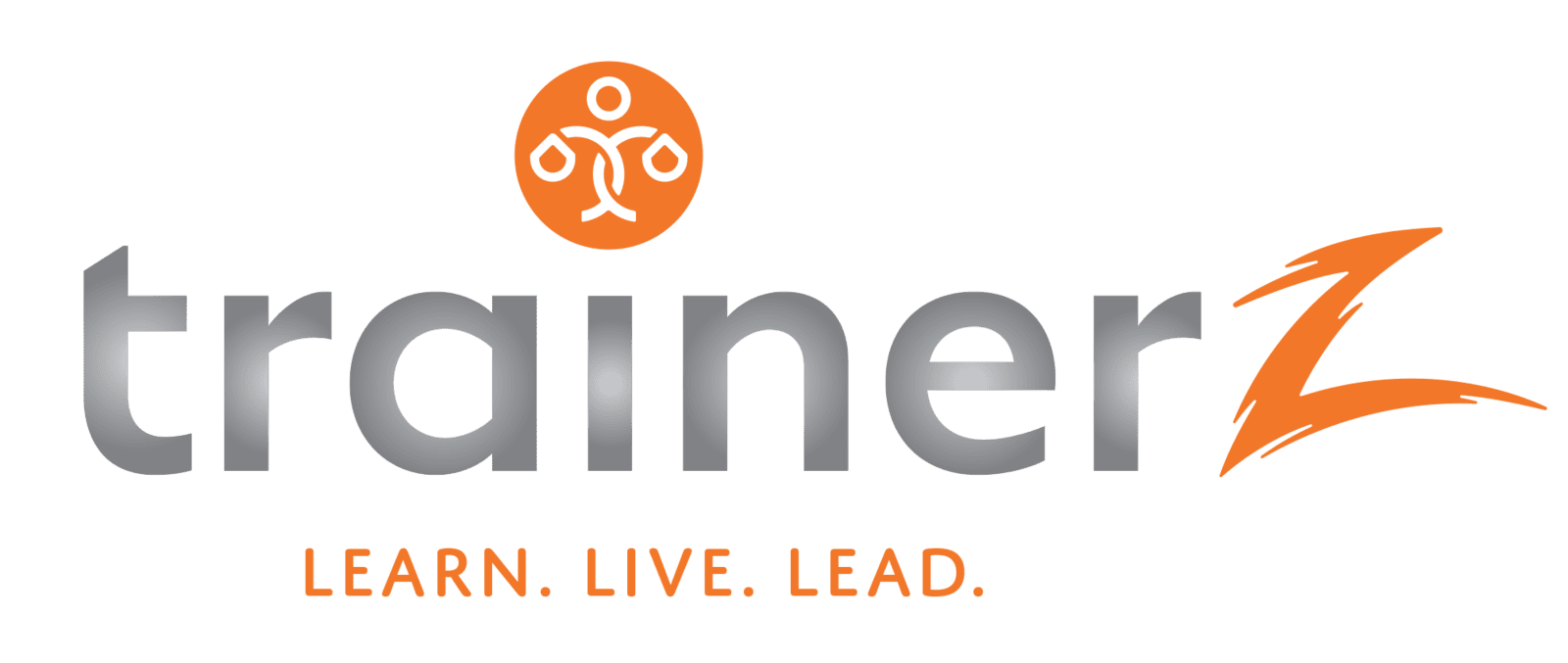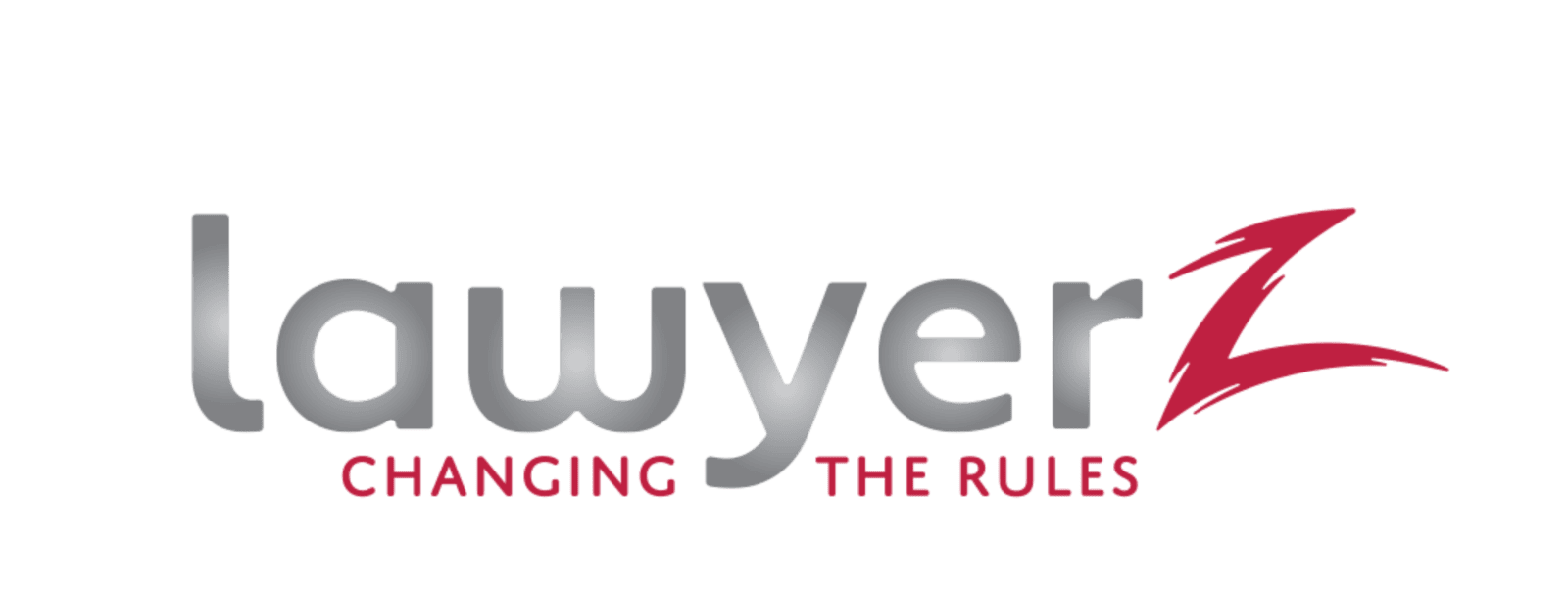Navigating Expertise and Growth
Navigating Expertise and Growth
The Professional SME Business Model encompasses a diverse range of businesses that provide specialized services based on the expertise and knowledge of their professionals.
This Business Model encompasses service-oriented businesses such as doctors, dentists, veterinarians, financial consultants, and other knowledge-based firms.
These businesses typically involve the application of advanced skills and knowledge in fields like law, medicine, accounting, consulting, engineering, architecture, and design and rely heavily on expertise and professional qualifications.
Understanding this business model is essential for navigating its unique challenges and leveraging its potential for sustainable growth.

Defining the Professional SME Business Model
Defining the Professional SME Business Model
The Professional SME Business Model revolves around delivering specialized services requiring high levels of expertise and certification. Unlike product-based SMEs, professional services focus on personalized client relationships, trust, and tailored solutions.
This model includes various industries, such as legal practices, accounting firms, consulting agencies, medical practices, and design studios.
Key characteristics of this model include:
Intangible Products – The primary output is a service, such as advice, consultation, or the application of specialized skills.
High Value-Added – Professional services often command high fees due to the specialized knowledge and expertise required.
Client Relationships – Building strong client relationships is crucial for long-term success. Client trust and satisfaction are paramount.
Intellectual Property – Many professional services businesses rely on intellectual property, such as patents, copyrights, or trade secrets, to maintain a competitive advantage.

Entry Level Expertise Requirements
Entry Level Expertise Requirements
Entry into the professional services sector typically requires significant education and training. Professional SMEs are built on the foundation of their team’s expertise.
Entry into these industries typically requires formal education, certifications, and licensing. For example, doctors and dentists must complete medical school and obtain state licenses, while accountants require CPA certification, and lawyers must pass the bar exam.
This emphasis on credentials ensures clients receive high-quality, reliable services.
Standard Regulations Applicable
Standard Regulations Applicable
Professional SMEs must adhere to industry-specific regulations and standards to ensure compliance and protect clients.
Regulatory bodies, such as the Medical and Dental Councils or Bar Associations, govern these professions, setting guidelines for practice, ethical standards, and continued education.
Adhering to these regulations mitigates legal risks and enhances credibility.

Technology and Automation requirements
Technology and Automation requirements
Technology plays a pivotal role in modernizing professional SMEs. From electronic health records (EHR) in medical practices to cloud-based accounting software, technology streamlines operations, enhances accuracy, and improves client interactions.
Automation tools like appointment scheduling systems, CRM software, and digital marketing platforms reduce administrative burdens, allowing professionals to focus on core services.
Some examples are:
Project management software – Tools like Zoho, Asana and Trello can help teams manage projects, track progress, and improve collaboration.
Communication and collaboration tools – Platforms like Zoho Meet, Slack, Zoom, and Microsoft Teams facilitate communication and collaboration among team members and with clients.
CRM systems – Customer Relationship Management (CRM) software helps track client interactions, manage leads, and improve customer service.
Data analytics tools – Analyzing client data can help identify trends, improve service delivery, and increase client satisfaction.
Specialized equipment is required for specific professions, like specialized dentistry equipment, digitized boards for architectural practices, etc.

The Key Roles and Responsibilities (People) requirements
The Key Roles and Responsibilities (People) requirements
The success of professional SMEs hinges on their people—both the service providers and support staff.
Clearly defined roles and responsibilities ensure that operations run smoothly.
Key positions may include specialists (e.g., doctors, lawyers), administrative staff (e.g., receptionists, billing clerks), and management (e.g., practice managers). Some specialized roles could include:
Project Managers – To oversee project timelines, budgets, and resources.
Senior Professionals – Provide expert advice and guidance to clients.
Junior Professionals – Assist senior professionals with research, analysis, and client service.
Administrative Support – Provide administrative support, such as scheduling appointments, managing client communications, and handling billing.
Investing in staff training and development fosters a knowledgeable, efficient team.

Overall Costs and funding requirements
Overall Costs and funding requirements
Establishing a professional SME requires significant initial investment in education, licensing, equipment, and facilities.
Starting a professional services business can involve significant upfront costs.
These may include Office space, equipment, professional licenses, and initial marketing expenses.
Operating costs could include Salaries, rent, utilities, insurance, marketing expenses and technology maintenance.
Funding can be sourced from personal savings, bank loans, investor funding or specialized programs like government grants for SMEs in healthcare or legal services.
Financial planning and budgeting are crucial for managing cash flow and ensuring profitability.
Benefits of the Professional SME Business Model
Benefits of the Professional SME Business Model
Professional SMEs benefit from steady demand for specialized services, often resulting in stable revenue streams.
Working with complex problems and providing expert solutions can be intellectually stimulating. Many professionals have a high degree of autonomy in their work, which can result in flexible working hours, working from home, etc.
High client trust and loyalty contribute to strong client retention. Additionally, these businesses often enjoy higher profit margins due to the premium nature of their services.
Flexibility in service offerings allows for tailored client solutions, enhancing satisfaction and reputation.
Challenges of the Professional SME Business Model
Challenges of the Professional SME Business Model
Despite its advantages, the Professional SME Business Model faces challenges such as high entry barriers due to education and certification requirements.
Future Prospects of the Professional SME Business Model
Future Prospects of the Professional SME Business Model
While the demand for professional services is expected to continue to grow in the coming years, the future of the Professional SME Business Model lies in innovation and adaptation.
Digital transformation, including telemedicine, virtual consultations, and AI-driven diagnostics, is reshaping service delivery. As technology evolves, so do client expectations, emphasizing the need for continuous improvement and upskilling.
Moreover, expanding global markets and the rise of remote work offer new opportunities for growth and diversification.
By embracing technology, adapting to changing client needs, and focusing on building strong client relationships, professional services SMEs can thrive in the years to come.

Navigating Success in Professional SME Services
Navigating Success in Professional SME Services
The Professional SME Business Model offers unique opportunities for those with specialized expertise.
By understanding the intricacies of this model—ranging from regulatory compliance to technology adoption—professionals can build resilient, client-focused businesses. Embracing innovation, fostering strong client relationships, and continuously enhancing skills will position professional SMEs for long-term success in an evolving marketplace.


